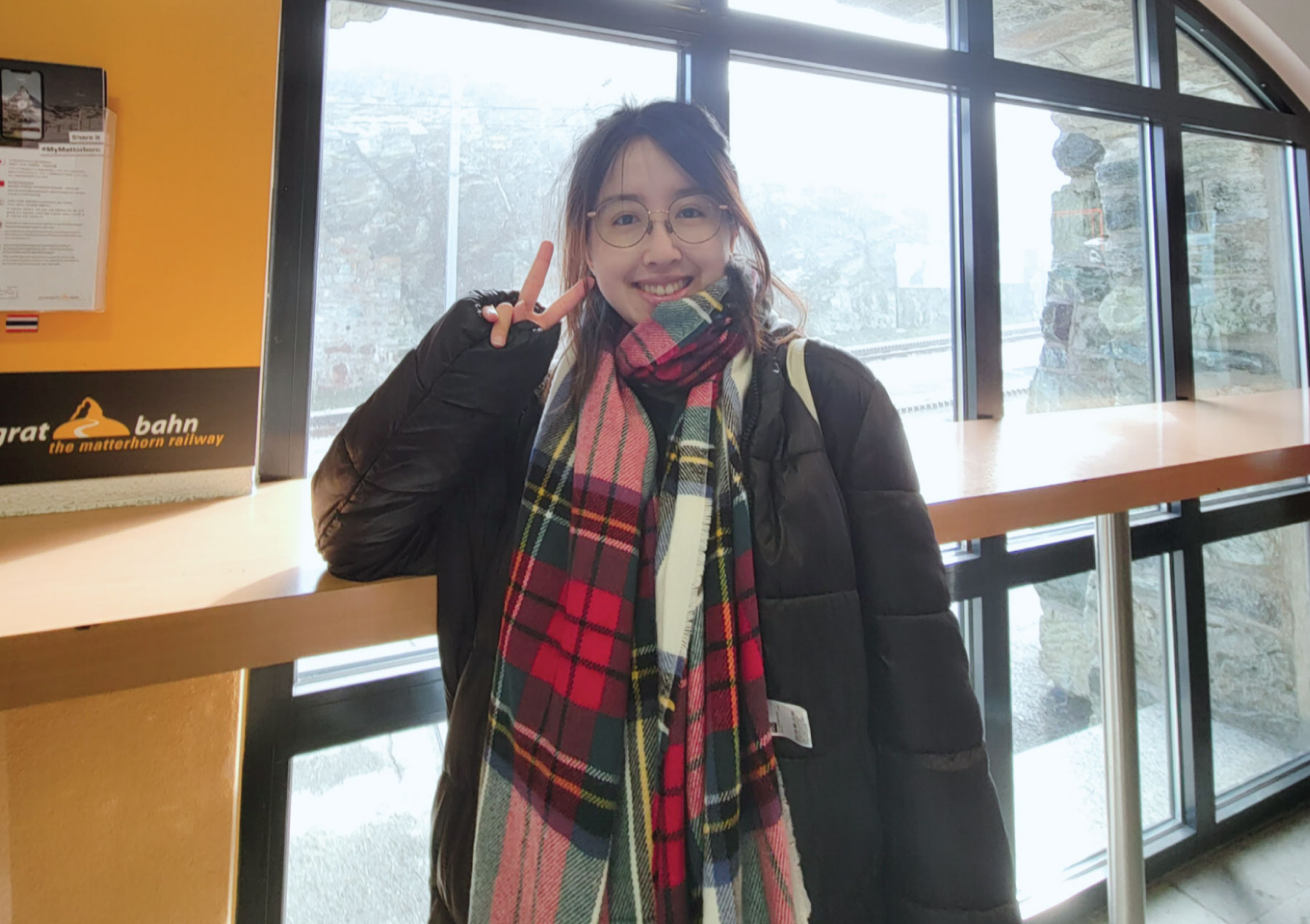Jessica’s project explored how older adults perceive and accept AI-based health technologies, aiming to guide the creation of solutions tailored to their needs. Inspired by her nursing placement, where she noticed many patients with chronic illnesses hesitated to use digital health tools. Curious about their hesitation, Jessica conducted interviews and used behavior change models to recommend user-friendly, secure AI solutions. She faced challenges explaining complex AI concepts and synthesizing research findings, but overcame them through self-learning and her supervisor’s support. Jessica’s hard work was recognized: her project won the Best Poster Award at an academic conference and the URIS Best Project Award 2024. Jessica’s journey not only advanced her research skills but also deepened her commitment to patient-centered care.

Ms. LEE Hiu Toon Jessica
School of Nursing
Faculty of Health and Social Sciences
Jessica’s clinical placement exposed her to the challenges faced by older adults with chronic illnesses like hypertension and diabetes. She learned the importance of ongoing monitoring, medication adherence, and lifestyle adjustments, which are critical for effective chronic disease management. This knowledge informed her understanding of how AI-based technologies could support self-management and improve health outcomes for this population.
Through interviews and observations, Jessica recognized that older adults often hesitate to adopt digital health tools. She gained insight into the psychological and practical barriers—such as digital literacy, trust, and perceived complexity—that influence technology adoption. This domain knowledge helped her propose strategies to enhance engagement and acceptance of AI solutions among older adults.
Jessica’s experience conducting semi-structured interviews highlighted the importance of clear communication, especially when explaining complex topics like AI to older adults. She developed skills in simplifying technical concepts and ensuring comprehension, which is essential for promoting health literacy and empowering patients to make informed decisions about their care.
By utilizing well-established behavior change models, Jessica learned how to systematically identify factors that influence health behaviors. This knowledge enabled her to develop targeted recommendations for designing AI health technologies that not only meet clinical needs but also motivate and sustain positive health behaviors in older adults.
Jessica’s journey involved designing qualitative research, conducting interviews, and synthesizing findings from academic literature. She developed expertise in research methodology, data analysis, and evidence-based practice. This domain knowledge is crucial for generating actionable insights and ensuring that AI health technologies are grounded in robust scientific evidence.
Jessica demonstrated self-directed learning by proactively seeking out online resources and academic journals to enhance her communication, interview, and data synthesis skills. This ability to independently identify learning needs and pursue knowledge is essential for continuous personal and professional growth.
Throughout her project, Jessica encountered complex challenges, such as explaining AI concepts to older adults and synthesizing research findings. She honed her problem-solving skills by applying logical thinking and creative strategies, which enabled her to overcome obstacles and achieve project success.
Jessica improved her communication skills by learning how to convey complex information in a simple, understandable manner, especially during interviews with older adults. This skill is vital for lifelong learning, as it facilitates collaboration, knowledge sharing, and effective patient education in healthcare.
Balancing academic, research, and personal commitments required Jessica to develop strong time management skills. By prioritizing tasks and setting boundaries, she maintained productivity and well-being—an essential lifelong skill for managing multiple responsibilities in any career.
Jessica cultivated emotional stability by remaining calm and composed during stressful situations. This resilience allowed her to adapt to challenges, maintain focus, and continue learning despite setbacks. Emotional resilience is crucial for lifelong learning, as it supports perseverance and adaptability in a constantly changing world.
The pursuit of knowledge is a lifelong journey! To further expand your knowledge and continue your personal and professional growth. Click and explore the following learning resources:
Critical Thinking and Problem-solving
Communication and Presentation Skills